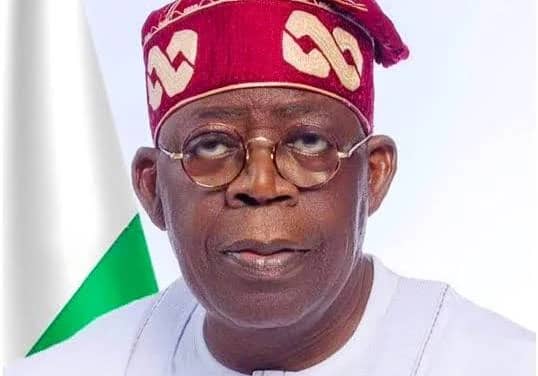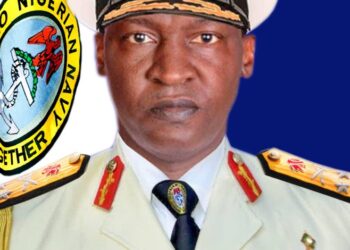President Bola Ahmed Tinubu’s statement at the 80th United Nations General Assembly (UNGA) in New York was presented by Vice President Kashim Shettima. Speaking for Nigeria, Shettima renewed the nation’s pledge to peace, development, multilateralism, and human rights. The address followed the session’s theme: “Better Together: 80 Years and More for Peace, Development, and Human Rights.”
Nigeria’s Call for Reform
Shettima congratulated the new President of the General Assembly and praised the outgoing leaders for their unity. However, he warned that the anniversary should not be a nostalgic celebration. Instead, it should serve as a moment of truth and accountability.
Nigeria, he argued, deserves a permanent seat on the UN Security Council. The demand reflects its population, regional influence, and role in global peacekeeping. Moreover, he stressed that this request is based on fairness and representation, not privilege.
Four Key Points from Nigeria’s Address
Shettima highlighted four urgent priorities for international cooperation:
1. Security Council Reform – Nigeria and Africa must gain permanent representation.
2. Debt Relief – Urgent steps are needed to restructure sovereign debt fairly.
3. Resource Equity – Mineral-rich nations must benefit directly from their natural wealth.4. Closing the Digital Divide – Technology must include all, with “AI” standing for “Africa Included.”
Peace, Security, and Human Rights
Nigeria has joined 51 UN peacekeeping missions since independence. Therefore, Shettima reaffirmed the country’s commitment to regional stability and the fight against extremism. He also condemned the ongoing violence in Gaza and called for a two-state solution for Palestine. According to him, peace is the only dignified path forward.
He further stressed that true peace cannot exist without prosperity. As a result, Nigeria has removed fuel subsidies, reformed its currency system, and promoted foreign investment. In addition, Shettima linked climate change to security, migration, and development. He urged stronger cooperation to direct climate funds towards schools, housing, and technology.
Economic Transformation and Fair Trade
Shettima proposed a global debt resolution mechanism, similar to a financial court. This, he argued, would free emerging economies from dependence on raw exports. Furthermore, he encouraged investment in Africa’s mineral resources, noting that local processing creates jobs and reduces instability.
Technology and Global Inclusion
On digital growth, Nigeria urged the creation of a new global partnership. This would unite researchers, governments, and private firms to close the technology gap. Consequently, developing nations would benefit more quickly from innovation while limiting the spread of misinformation.
Nigeria’s Commitment
In conclusion, Shettima reaffirmed Nigeria’s loyalty to peace, democracy, and human rights. He reminded world leaders that:
“For none of us is safe until all of us are safe. A renewed commitment to multilateralism remains our surest path forward.”












